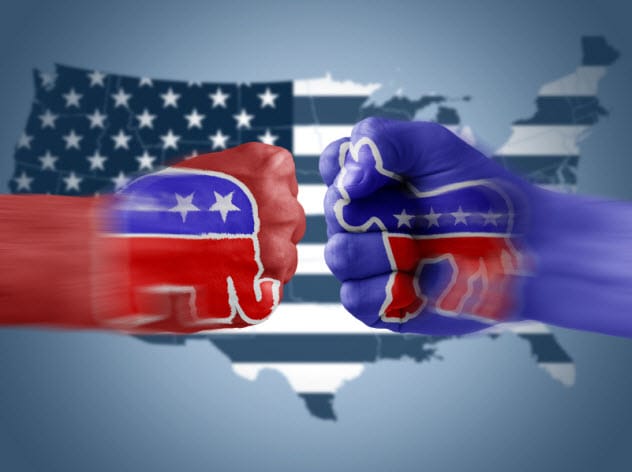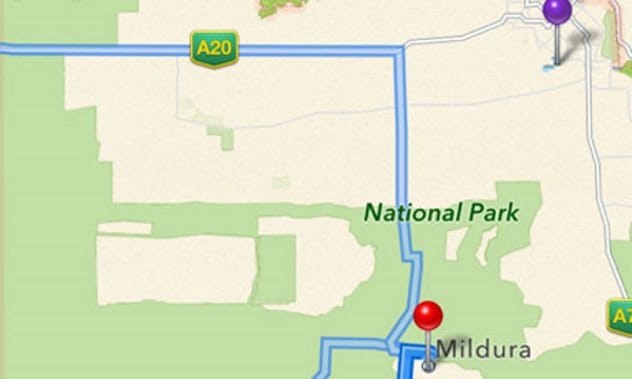We all know Facebook collects our data, but the extent of it can be quite disturbing. It’s not just about the ads you see; Facebook is tracking aspects of your life you might consider private. Even if you don’t use Facebook, they might still have a shadow profile on you. Ready to uncover what Facebook really knows? Let’s dive in!
Your Political Ideology

Ever wondered how Facebook seems to know your political leanings? Even if you haven’t explicitly stated your views, Facebook analyzes your activities across its services. By tracking your interactions with certain pages and posts, they categorize you as liberal, moderate, or conservative. Liking the National Rifle Association’s page, for example, might lead Facebook to categorize you as conservative.[1]
Your Love Life

Facebook might know you’re falling in love even before you do! By analyzing interactions between two people, Facebook can predict budding romances. A surge in comments and engagement, averaging 1.53 posts per day on each other’s walls 85 days before a relationship becomes official, is a key indicator. This increases to 1.67 posts per day 12 days before the relationship starts.[2] Once the relationship begins, interactions tend to become more meaningful, though less frequent.
Your Call, SMS, and MMS Logs

Facebook saves details of every call, SMS, and MMS you send or receive, including names, phone numbers, dates, times, and call durations. This data can be retained for years. While iOS users are mostly protected, Android users have found call logs and SMS messages dating back to 2015 in their data archives. Facebook claims this was an auto opt-in feature in older Android versions, but some users allege their data was accessed even after denying permission.[3]
Your Existence (Even If You’re Not on Facebook)

Even if you’ve ditched Facebook, they might still have a shadow profile for you. This happens when your friends upload their contacts, linking your phone number to existing users. Facebook creates these profiles to recommend friends and improve its network. So, even as a non-user, your data contributes to Facebook’s vast web of information.[4]
Your Location at All Times

Facebook tracks your location constantly, even when the app isn’t in use. While you can limit or turn off location tracking, Facebook continues to use Wi-Fi, IP address, Bluetooth, browsing habits, and check-ins to pinpoint where you are. This means they know everywhere you’ve been, storing this information long after you’ve left.[5] Even opting out of location features doesn’t guarantee privacy, as other methods are used to determine your whereabouts.[6]
Your Pregnancy Status

Expectant mothers might be surprised to see baby product ads popping up even before they announce their pregnancy. Facebook targets these ads by analyzing user data, though they remain vague on the exact methods. They claim status updates aren’t the primary source, but contradictions exist on how they identify pregnant women for advertising purposes.[7] The lack of transparency adds to the concern.
Your Sleep Pattern

Facebook knows when you’re asleep and awake, and this data was once publicly available. By using Messenger features, anyone could write code to detect when their friends are online, offline, or idle. This information can be used to determine sleep patterns, raising privacy concerns.[8]
Your Breakups Before They Happen

Facebook can predict breakups by analyzing mutual friends and relationships with your partner’s close friends. A lack of mutual friends and distance from your partner’s inner circle indicate a higher probability of a breakup. If you start seeing dating site ads, it might be a sign that Facebook anticipates a split. Facebook knows these types of relationships barely last two months.[9]
Your Mouse Cursor Movements

When using Facebook on a computer, your mouse cursor movements are tracked. Initially, Facebook claimed this was to differentiate between humans and bots, but they later admitted it helps determine which ads you click on or hover around. This allows them to gauge your interests and tailor ads more effectively.[10] So, every movement is monitored to better understand your preferences.[11]
Your Lost and Forgotten Relatives

Facebook’s “People You May Know” feature is incredibly sophisticated. It uses phone contacts, shadow profiles, location data, facial recognition, and data from other apps to suggest friends. A Gizmodo writer even found a long-lost relative through this feature, despite having no mutual friends and different surnames.[12] The connections Facebook makes can be surprisingly accurate and sometimes unsettling.
Facebook’s data collection practices are extensive and often hidden. From tracking your political leanings to predicting your breakups, the platform knows more than you might realize. While some of this data collection is used to improve user experience and target ads, it also raises serious privacy concerns. Being aware of these practices empowers you to take steps to protect your personal information.
What do you think about Facebook’s data collection practices? Leave your comment below!










